“No religious minority can freely live or practice its religion in Pakistan today”: India at UNHRC
Using its right to reply, India's representative Seema Pujani slammed her Pakistani counterpart Hina Rabbani Khar.
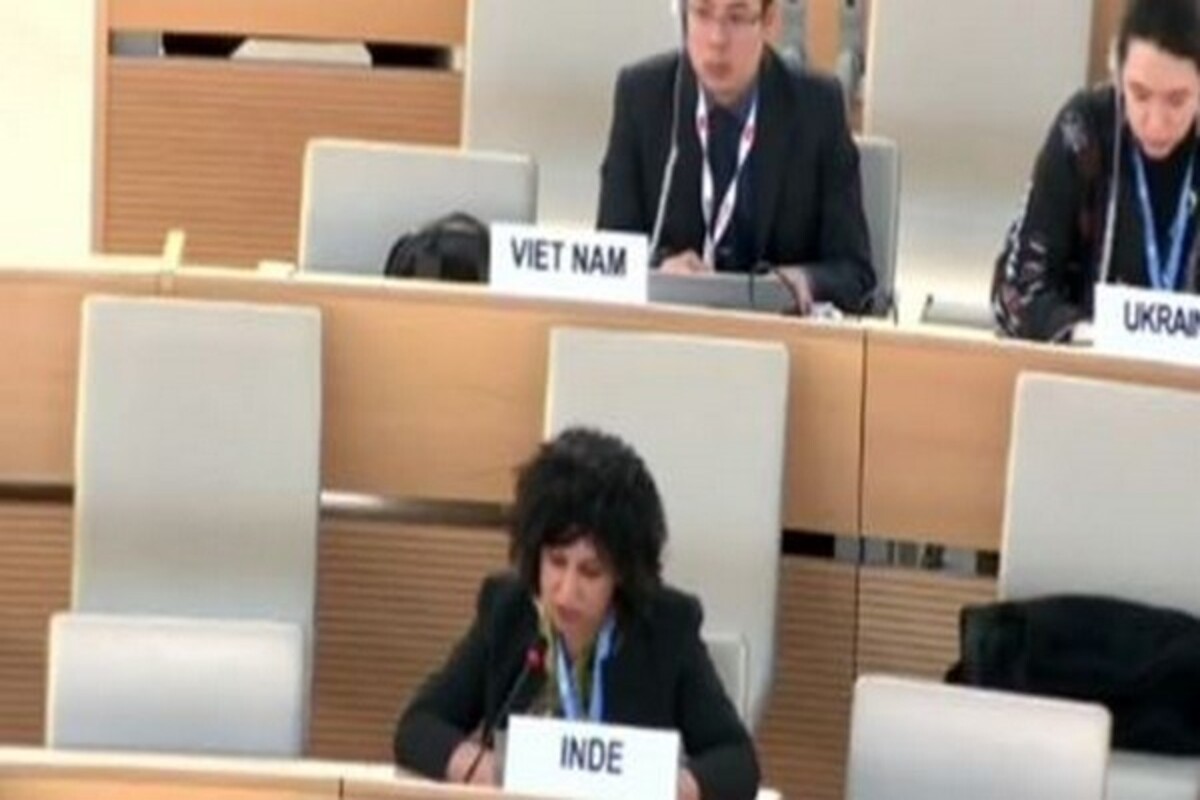
Using its right to reply, India's representative Seema Pujani slammed her Pakistani counterpart Hina Rabbani Khar.
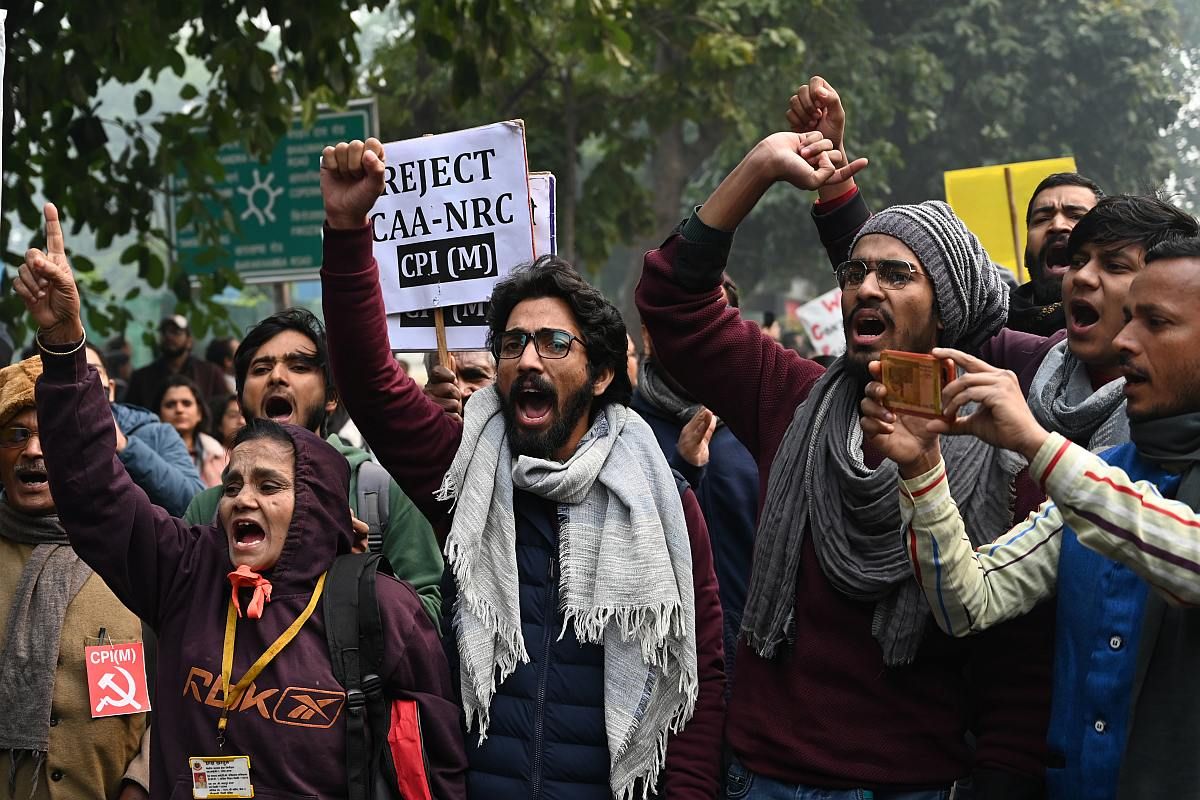
Besides showing their religious evidence, the applicants belonging to Hindu, Sikh, Christian, Buddhist, Jain or Parsi faiths will also have to furnish documents to prove that they entered India on or before December 31, 2014.
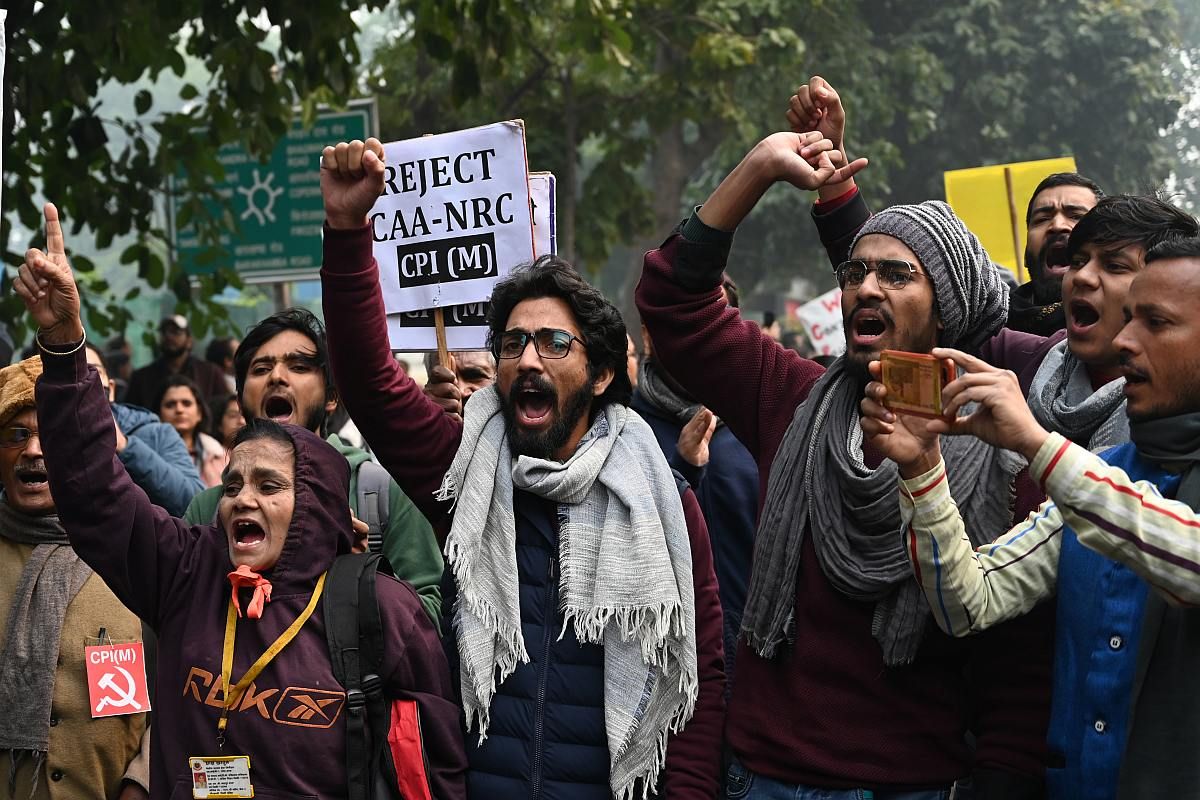
Those who are opposed to the legislation have it is for the first time that India will grant citizenship on the basis of religion which violates the basic tenets of the country's constitution.
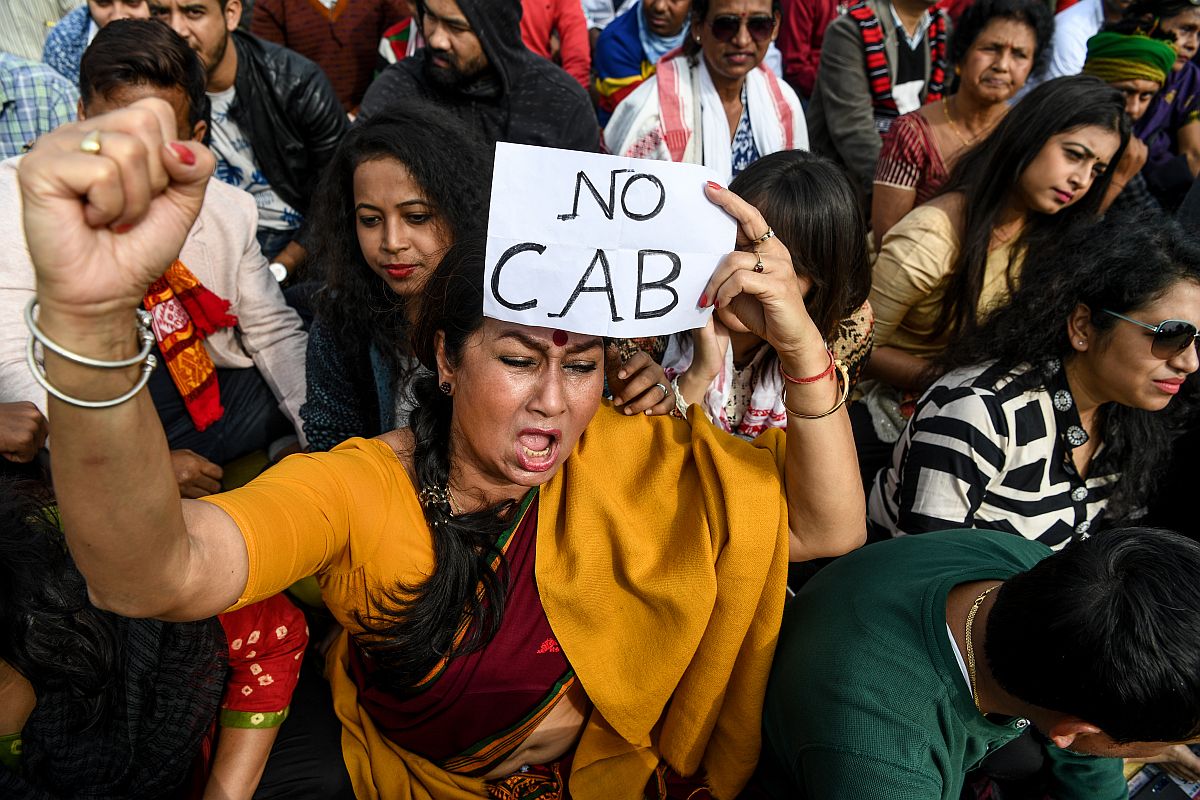
Amid tensions in the northeast, the United States had earlier urged India to protect the rights of its religious minorities in keeping with its Constitution and democratic values.
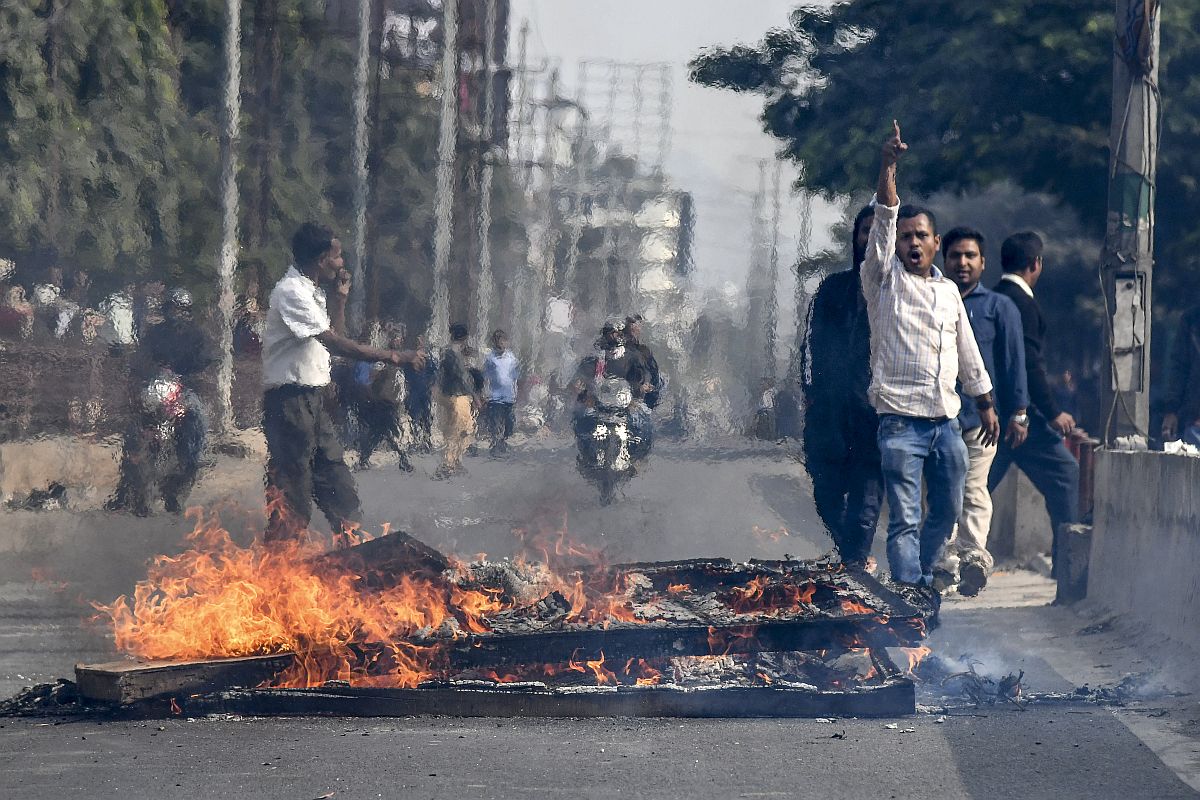
The rights body said that the amended law 'appears to undermine the commitment to equality before the law enshrined in India's Constitution'.
The United Nations has refused to comment on THE controversial Citizenship (Amendment) Bill, 2019 as the legislative process is underway.
The Citizenship (Amendment) Bill, 2019 seeks to provide Indian citizenship to non-Muslim refugees coming from Pakistan, Bangladesh and Afghanistan after facing religious persecution there.
Sanjay Raut stated that it is not right to play vote-bank politics on the matter and asked the Government to not 'attempt to create a Hindu-Muslim divide again'.
The opposition parties have termed the Citizenship (Amendment) Bill, 2019 as 'anti-minority' and 'unconstitutional'.
The Bill had cleared the Lok Sabha test during the previous NDA regime as well, but couldn't clear the Rajya Sabha hurdle due to protests.